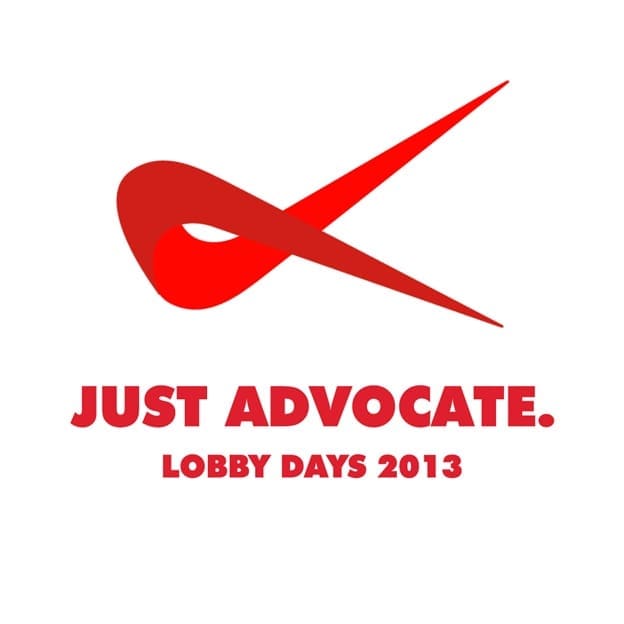Facing a grim fiscal situation, Illinois Governor Pat Quinn proposed a $33.9 billion state spending plan that includes a $4 million funding reduction for HIV programs. The governor also proposed deep Medicaid funding cuts, which would severely hamper access to health care for people with HIV.
The governor’s proposal seeks $25.4 million in FY13 state funding for HIV services through the Illinois Department of Public Health (IDPH), a reduction of 14 percent from the current fiscal year. Budget blueprints released yesterday indicate Gov. Quinn proposes no funding cuts for the AIDS Drug Assistance Program (ADAP), which provides life-saving medications to people with HIV. As a result, the entire $4 million funding cut would come out of community-based HIV prevention, housing, corrections, minority health-promotion and harm reduction programs.
While the AIDS Foundation of Chicago (AFC) lauds the Governor’s recommendation for full ADAP funding, it strongly opposes the overall funding cut that will decimate community-based HIV programs.
“We are committed to working with members of the General Assembly and the Quinn Administration to restoring proposed funding cuts,” said AFC President/CEO David Ernesto Munar. “AFC urges people affected by HIV and their advocates to register for the April 18 HIV/AIDS Lobby Days in Springfield, so we can send lawmakers a loud, clear message: Proposed funding cuts will cost lives and must be reversed.”
The reductions will severely impede Illinois’ efforts to reach the goals established by the National HIV/AIDS Strategy, which was released by President Obama in 2010. The strategy establishes ambitious targets to reduce new HIV cases, link more people with HIV to medical care and reduce health disparities.
To reduce the HIV funding crisis, AFC urges the General Assembly to lift a moratorium on Medicaid expansion to allow the Cook County Health and Hospitals System to implement an 1115 Medicaid waiver. The program would allow Cook County to receive federal Medicaid matching funding for care provided to uninsured Cook County residents, including people with HIV, without increasing state spending. The waiver, if approved by the federal government, would shift costs for HIV medication from the state to the federal government, yielding savings to Illinois that could be used to strengthen HIV care and prevention efforts.
Unfortunately, Gov. Quinn also proposed over $2 billion in funding cuts to the Medicaid program. Although he left implementation to the General Assembly, Quinn said that eligibility levels, provider payment rates to providers and benefits are all subject to changes.
AFC will strongly fight Medicaid cuts. The program is the foundation of national health care reform, set to begin in 2014, and provides vital health care to low-income people with HIV and other chronic health conditions, including millions of disabled and homeless individuals.
Yesterday, Gov. Quinn also proposed spending cuts in several areas of concern for people with HIV:
• Addiction Treatment for Medicaid Populations (-$5 million or 10 percent cut)
• Mental Health Grants (-$58 million or 42 percent cut)
• Emergency and Transitional Housing (-$4.4 million or 52 percent cut)
It wasn’t all bad news. AFC is heartened that the governor did not propose a funding cut for supportive housing, which helps people with chronic illnesses such as HIV live successfully in the community while lowering Medicaid spending.
But AFC needs your support — whether you are someone affected by HIV or someone who simply cares about stopping this unnecessary epidemic. Learn more about Illinois HIV/AIDS Lobby Days at aidschicago.org. Advocates can stay up to date on budget issues by subscribing to AFC’s Online Action Bulletin and AFC website at aidschicago.org.
Founded in 1985 by community activists and physicians, the AIDS Foundation of Chicago is a catalyst for local, national, and international action against HIV/AIDS.
####
Media contact: Ramon Gardenhire, 301-379-3024
###

